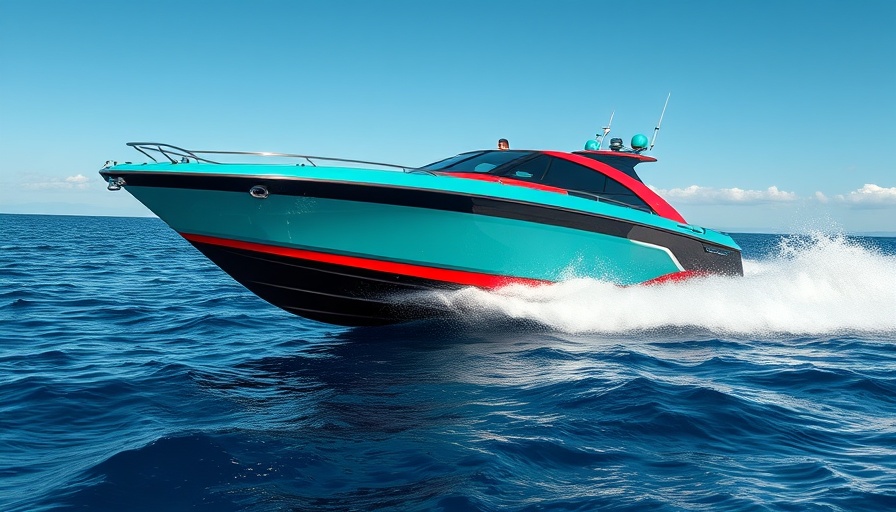
The Corrosion Crisis: An Overlooked Threat to U.S. National Security
While America pushes forward to modernize its maritime industrial base, an insidious threat lurks beneath the surface: corrosion. With annual costs exceeding $22.5 billion for the Department of Defense, corrosion is a pressing issue that directly impacts naval readiness, shipbuilding progress, and ultimately, national security. Despite the momentum from historic legislation and increased investments, the silent threat of corrosion remains largely unrecognized by the public and government. As Jennifer Merck of the Association for Materials Protection and Performance (AMPP) noted, tackling this crisis must become central to any maritime strategy aimed at modernizing our fleet.
Why Corrosion Must Be a National Priority
Corrosion is more than just a maintenance headache; it compromises the very backbone of the U.S. Navy. Ships often languish in drydock due to corrosion-related challenges, limiting their availability for missions. This not only strains military logistics but poses safety risks and escalates costs. AMPP argues that focusing on corrosion prevention can mitigate these issues. They advocate for proactive protective measures and standardized coating practices to ensure the longevity of naval vessels.
Advocacy Day: A Call for Legislative Action
On July 9–10, AMPP will bring its concerns to Capitol Hill during Advocacy Day 2025. This gathering serves as a platform for experts to present their case for enhancing corrosion mitigation strategies to lawmakers. Among their chief agendas are support for the SHIPS for America Act, which aims to revitalize the maritime industrial base through increased workforce and infrastructure investments.
The organization also emphasizes the need for federal backing in training programs that produce skilled workers capable of utilizing advanced protective technologies. In an era where technology rapidly evolves, the human element remains crucial; we need qualified professionals to address the corrosion crisis, perform inspections, and implement protective measures effectively.
The Workforce: A Crucial Component for Success
The urgency of addressing corrosion cannot be overstated; it calls for a workforce equipped to meet these challenges head-on. There is a mountain of opportunity in maritime careers, and AMPP highlights the importance of expanding pathways for training and credentialing in this field. These careers are not only essential to maritime resilience but also provide high-paying jobs that bolster coastal economies.
Lawmakers must understand the necessity of building a robust workforce – one capable of addressing current and future challenges. Providing the support needed to cultivate skilled professionals is a crucial step in securing America's maritime future.
Moving Forward: Funding, Training, and Standards
As America seeks to innovate in the shipbuilding sector, comprehensive measures for corrosion prevention must form part of the foundation for that innovation. AMPP advocates for the adoption of uniform protective coating standards across both defense and commercial fleets. Such standards would enable safer and more cost-effective practices, supporting the overall strategic goals of the U.S. Navy and the maritime industry as a whole.
To sustain industry growth, full legislative support is essential for the implementation of corrosion control programs. With the right investment in workforce training, advanced technologies, and uniform standards, America can effectively combat corrosion and enhance its naval capabilities.
Conclusion: A Call for Action
Corrosion presents a silent yet significant threat to U.S. maritime readiness and safety. As stakeholders gather for Advocacy Day 2025, it is an opportune moment for Congress to prioritize this issue and advocate for comprehensive strategies to enhance corrosion control. By aligning federal support with shipbuilding goals, lawmakers can help secure the future of America’s navy and maritime infrastructure. The maritime industrial base can thrive, but only if corrosion is treated as the crucial national security issue it truly is. Without action today, the corrosive impact on our national assets will persist, limiting the potential of future maritime endeavors.
 Add Row
Add Row  Add
Add 




Write A Comment